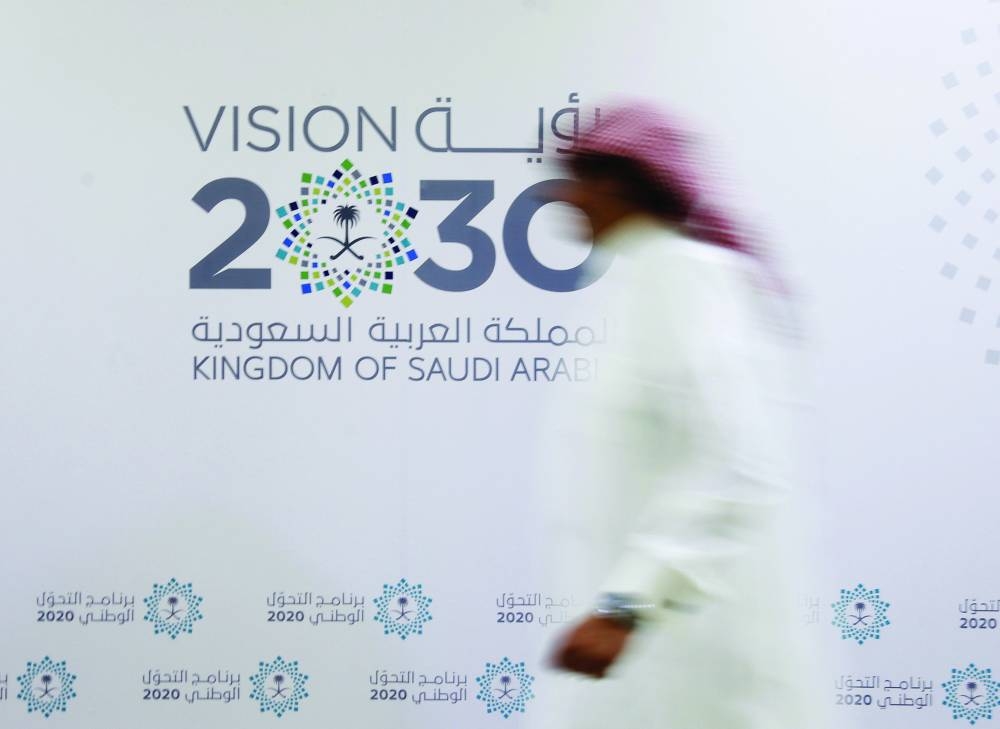Diriyah, one of Saudi Arabia’s so-called giga-projects, has agreed deals worth nearly $1bn with European firms and is in talks to attract more foreign capital, its CEO said.
The $63bn project is one of the Public Investment Fund’s giant construction efforts aimed at boosting economic growth and diversifying the oil-reliant kingdom’s economy.
Diriyah, located at a Unesco World Heritage site outside the capital Riyadh, has been backed by PIF investments worth a total of around 20bn riyals ($5.33bn) in 2023 and 2024, and should get 12bn riyals more next year, its CEO said.
It has recently agreed deals worth nearly $1bn in total with an Italian developer and a French company and is in talks with several foreign investors looking to buy equity stakes in hotels and other real estate developments, Jerry Inzerillo told Reuters in New York this week.
He declined to disclose the names of the European firms.
“There’s a lot of interest from America, a lot of interest from every country,” he said. “We’ll work with any country that can deliver quality and stay on time.”
Driving such projects, including a futuristic desert city called Neom, is the $925bn PIF sovereign wealth fund.
This is the vehicle of choice for Crown Prince Mohammed bin Salman’s Vision 2030 to end Saudi Arabia’s dependence on oil. Foreign investment is also crucial to turn the plan of a future beyond oil into reality.
Foreign investors have already bought stakes in several projects in Diriyah, said Inzerillo, with more to come.
“A lot of people can see that it’s built, it’s doable; it’s no longer renderings, no longer ‘you wait and see’... So now we’re seeing a big spike in interest in foreign investment”.
Saudi Arabia’s ambitious economic transformation plans, unveiled in 2016, have been met at times with some scepticism.
Reuters reported earlier this year that the PIF aims to focus on investments with a higher chance of success after scaling back some projects, including Neom’s The Line — a zero-carbon city with robots and 170 kilometre-long mirrored facades.
Inzerillo said investment priorities have changed because of upcoming events such as the Expo 2030 world fair, which Riyadh last year won the right to host. But the pace and scope of the Saudi giga-projects have not been scaled back, he said.
“It’s a realignment, a re-prioritisation...not a reduction,” he added.

A Saudi man walks past the logo of Vision 2030 after a news conference, in Jeddah, Saudi Arabia June 7, 2016. REUTERS/Faisal Al Nasser
